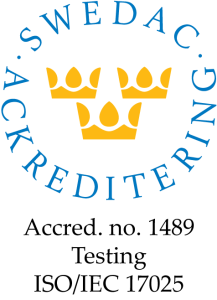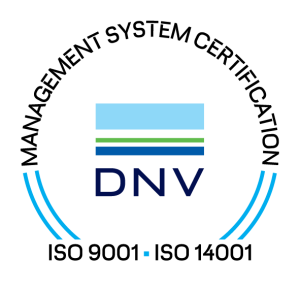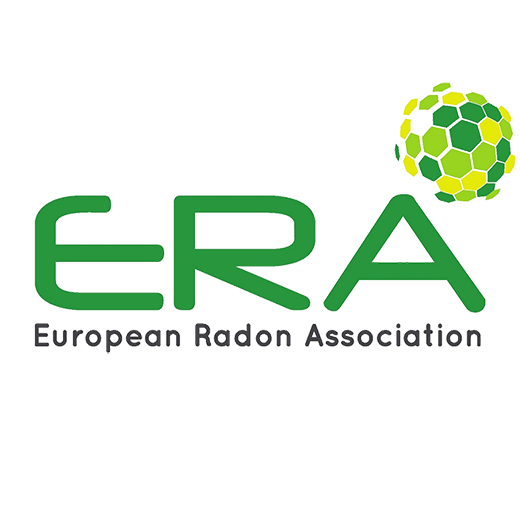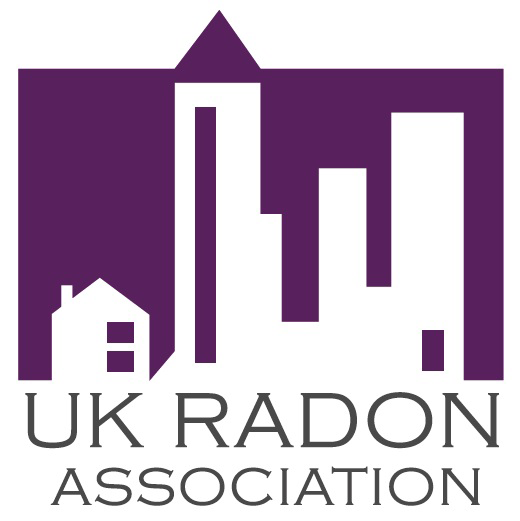Quality aspects
You can make demands on us. We do that ourselves, together with SWEDAC (the Swedish Board for Accreditation and Conformity Assessment), DNV (Det Norske Veritas) and Technical inspectors from the Swedish Radiation Protection Authority.
When you turn to us, you can be confident that:
- Our measuring equipment is checked and calibrated regularly
- Our employees are highly qualified and competent
- We take part in national and international intercomparison tests
- The measurements we perform are of the highest quality
Radonova is accredited by SWEDAC.
What does accreditation mean?
Accreditation by SWEDAC (the Swedish Board for Accreditation and Conformity Assessment) provides proof that the competence of our laboratory has been scrutinised, assessed against European and international standards, and confirmed by an independent state body. It also entails ongoing monitoring by SWEDAC of the company’s competence to conduct the testing for which it has been accredited. A decision to grant accreditation means, among other things, that Radonova meets the requirements set out in the international quality standard ISO 17025. Radonova has had a testing laboratory accredited by SWEDAC since October 1995.
Why seek accreditation?
Accreditation defines a level of quality which a company’s activities are to achieve. It makes demands in terms of the quality system and competence of the company. Documentation is examined and an assessment is made on site. Accreditation provides a structured framework for the company’s activities and minimises the risk of errors. An organisation that is accredited is able to demonstrate its competence, in Sweden and internationally.
What does our accreditation mean for you?
- Auditors from SWEDAC and technical inspectors from the Swedish Radiation Protection Authority monitor and assess whether the laboratory’s accredited measurement methods are being maintained and whether Radonova meets the requirements of the international quality standard ISO 17025
- Our measuring equipment is checked and calibrated
- Our employees demonstrate a high level of competence
- We participate in national and international intercomparisons
- We have responsible investigators, as required by the Swedish National Food Administration
- The test results you obtain from us are of the highest quality





